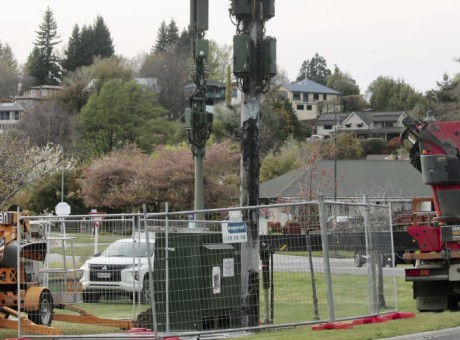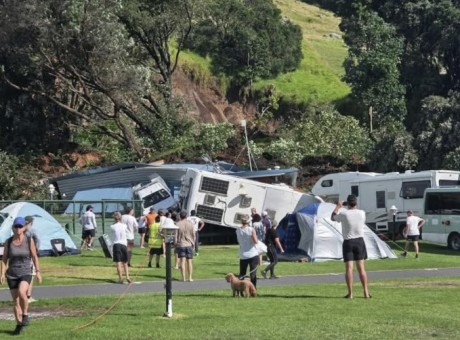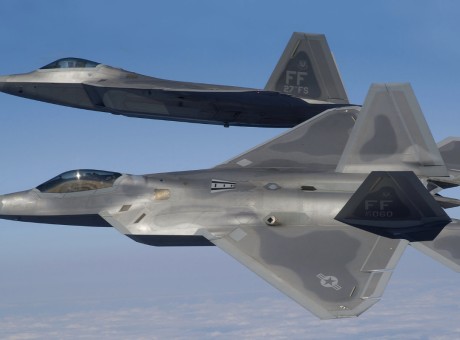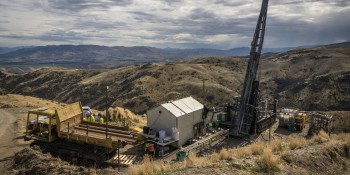The war on wallabies: Council to build 48km-long pest fence
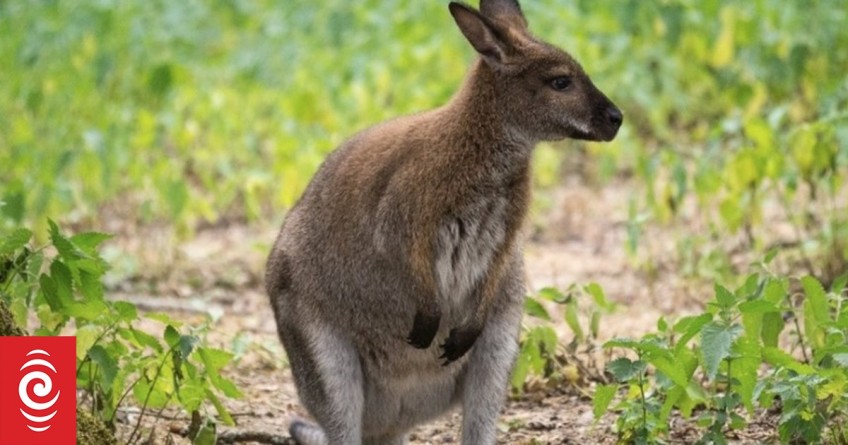
Canterbury Regional Council will build a 48-kilometre-long pest fence as part of the war on wallabies.
Wallabies had spread outside the containment zone and Biosecurity NZ estimated they could cover a third of the country by 2050 if no action was taken.
The council's Wallaby Programme Leader, Brent Glentworth, said the pest was threatening Aoraki/Mount Cook National Park.
"We can't afford to let them spread and establish further," he said.
The fence will protect the Mackenzie Basin, following the western border of Canterbury's wallaby containment area, along the Tekapo/Takapō River system from Lake Benmore through to Lake Tekapo/Takapō.
Wallabies had a reputation for damaging normal farm fences, Glentworth said.
"The new fence will be 1.3 metres high, constructed with purpose built Australian-made wallaby exclusion netting, with an apron to prevent them passing beneath it. It will also be rabbit netted, allowing continued management of this pest as well."
Current eradication methods, which included dogs, rifles and thermal scopes would also continue.
"Fencing will play a critical role in providing a secure boundary 24 hours a day so we can progressively reduce densities within containment and eliminate the spread on the other side. A similar fence design has been used near Rotorua to progress work on their wallaby issue," Glentworth said.
The fence was estimated to cost $1.4 million and was being funded through the Ministry for Primary Industries-led Tipu Mātoro National Wallaby Eradication Programme.
It was expected to take at least two years to build, starting with a 15km section from Grays River north towards Lake Tekapo/Takapō.
Community consultation would take place to determine the fence alignment at the Lake Tekapo/Takapō end prior to its construction.
Main image (Supplied): The fence will protect the Mackenzie Basin, following the western border of Canterbury's wallaby containment area, along the Tekapo/Takapō River system from Lake Benmore through to Lake Tekapo/Takapō.







